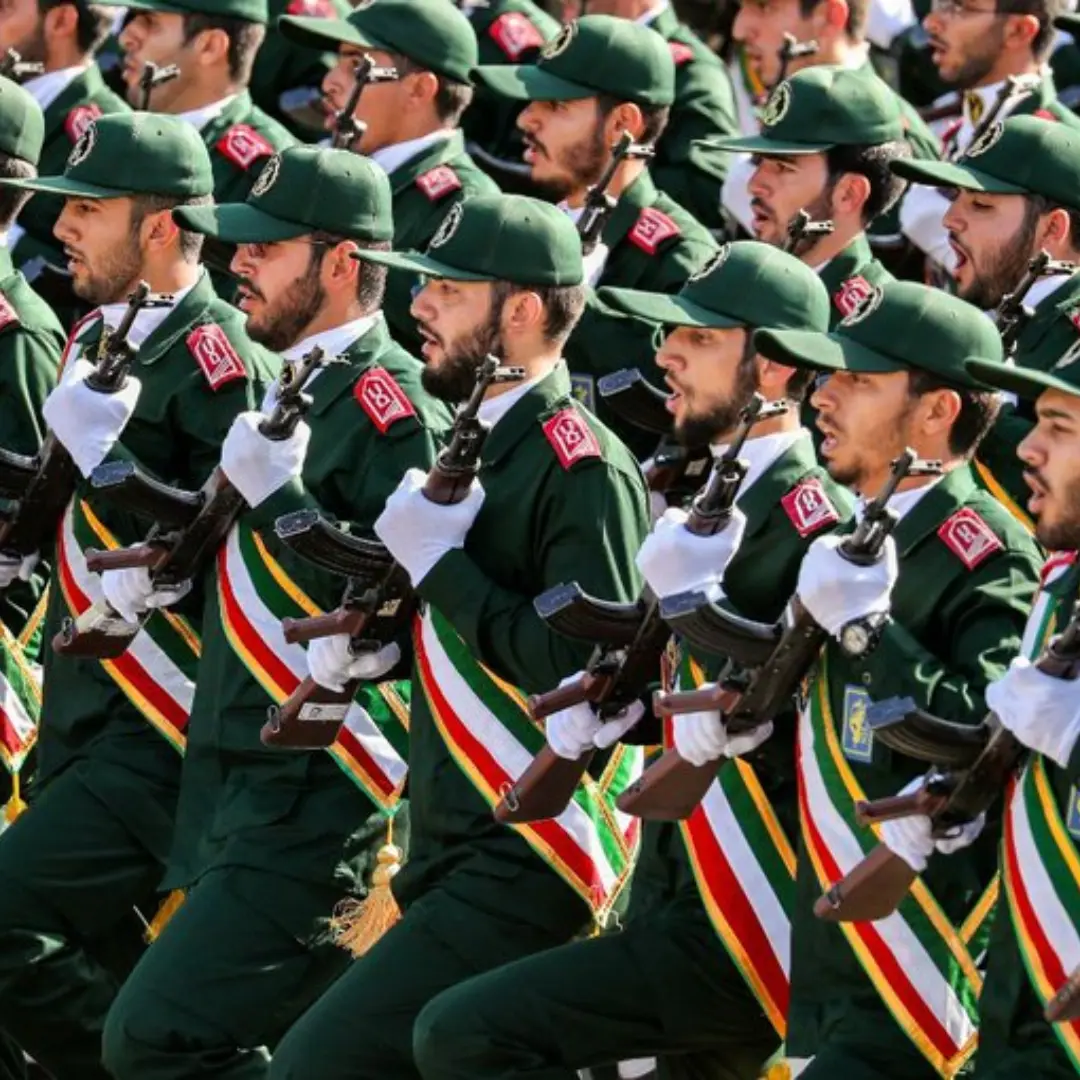Canada’s official designation of Iran’s Islamic Revolutionary Guard Corps (IRGC) as a terrorist organization marks a significant policy decision with far-reaching implications. The IRGC, established after the Iranian Revolution in 1979, has evolved into a powerful military and paramilitary force deeply integrated into Iran’s political and economic structures. It operates independently from Iran’s regular military and is tasked with defending the Islamic Republic’s ideals domestically and projecting its influence abroad.
The designation by Canada entails categorizing the IRGC under its list of terrorist entities, triggering a series of legal and financial consequences. This includes imposing sanctions on the organization and its affiliates, restricting financial transactions, and implementing travel bans on identified members and associates. Such measures aim to disrupt the IRGC’s operational capabilities and deter its alleged involvement in terrorist activities and destabilizing actions across the Middle East and beyond.
The decision reflects growing international concern over the IRGC’s multifaceted roles. The IRGC is not only a military force but also controls substantial portions of Iran’s economy through its business conglomerates, which have been accused of funding militant groups and supporting proxy wars in countries like Syria, Lebanon, and Yemen. Moreover, the IRGC’s elite Quds Force has been particularly scrutinized for its alleged orchestrations of terrorist attacks and providing military assistance to various militant organizations, including Hezbollah and Hamas.
Canada’s move aligns with actions taken by other countries, such as the United States, which designated the IRGC as a foreign terrorist organization in 2019. These designations underscore a concerted effort to isolate and penalize entities perceived as contributing to regional instability and global terrorism. Supporters argue that such measures are necessary to curb Iran’s alleged sponsorship of terrorism and to protect international security interests.
However, the designation has sparked criticism and diplomatic tensions. Iran vehemently rejects accusations of supporting terrorism and views such designations as politically motivated acts aimed at undermining its sovereignty and regional influence. Critics also argue that broad-brush sanctions could have unintended humanitarian consequences and complicate diplomatic efforts aimed at addressing broader geopolitical challenges.
In conclusion, Canada’s decision to designate the IRGC as a terrorist organization represents a significant step in its foreign policy approach to counter terrorism and address regional security concerns. While supported for its intent to combat alleged terrorist activities, it remains a controversial move with potential implications for international relations and diplomatic dynamics in the Middle East.









